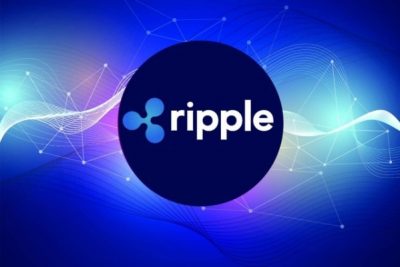

What Is Ripple ̣(XRP)? The Missing Puzzle Piece For Banking System
20 April 2022
What is ripple? Ripple is a payment protocol that processes international money transactions through blockchain technology. It charges cheap transaction costs and processes transactions incredibly quickly, and it collaborates with hundreds of financial institutions that use its system.
Ripple is frequently misconstrued as a cryptocurrency. Ripple is not a cryptocurrency in and of itself, but it does have its own, dubbed XRP. Those who are interested in Ripple and wish to invest in it can purchase XRP.
While Ripple has potential, it has also encountered several high-profile problems. Notably, the Securities and Exchange Commission (SEC) of the United States of America (USA) filed a lawsuit against it towards the end of 2020. If this cryptocurrency initiative piqued your interest, here’s a comprehensive look at its history and operation. Now let’s dive into this bePAY’s tutorial guide
- What Is Ripple?
- How Does Ripple Work?
- Ripples Pros And Cons
- How To Mine Ripple
- What Is Ripple Used For?
- FAQs About Ripple
- Closing Thoughts
What Is Ripple?
Ripple Definition
Ripple is a global payments settlement and currency exchange network that enables the processing of global transactions. The notion is that Ripple acts as a trusted intermediary between two parties in a transaction by immediately confirming that the transaction was completed successfully. Ripple enables the exchange of fiat currency, cryptocurrencies such as Bitcoin, and even commodities such as gold.
Ripple was built from the start to effectively replace SWIFT (a leading money transfer network) or to act as a settlement layer between large financial institutions. When users do transactions on the network, the network deducts a modest charge in XRP.
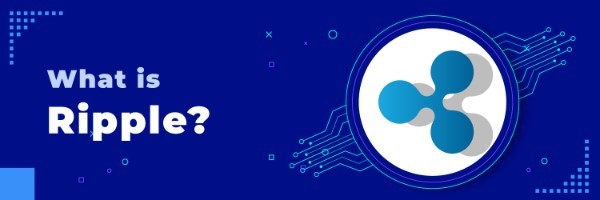
What Is Ripple?
Ripple Coin (XRP)
XRP is Ripple’s native cryptocurrency. Ripple Labs Inc. designed Ripple as a cryptocurrency payment system. XRP is Ripple’s “digital asset designed for worldwide payments,” meaning that the company intends to compete with the traditional banking system’s money transfers.
XRP would enable users to transmit money for a fraction of the cost, garnering the interest of both retail customers and banks. Ripple’s core value proposition is its ultra-low transaction fees combined with transaction completion times of less than five seconds.
Chris Larsen and Jed McCaleb started the firm in 2012, and it is based on the work of Ryan Fugger, who invented the XRP Ledger in 2012. The XRP Ledger is an open-source cryptographic ledger that is powered by a network of peer-to-peer nodes. McCaleb later left Ripple to develop Stellar, another cryptocurrency focused on payments.
After changing its name from OpenCoin to Ripple, the business pursued high-profile agreements with Bank of America, Santander, and Standard Chartered. However, Ripple quickly ran afoul of US regulatory authorities for failing to comply with the Bank Secrecy Acts and was therefore deemed unregistered security. As of early 2022, this case has not been settled. Additionally, the corporation has been accused of deceptive advertising throughout its formative years.
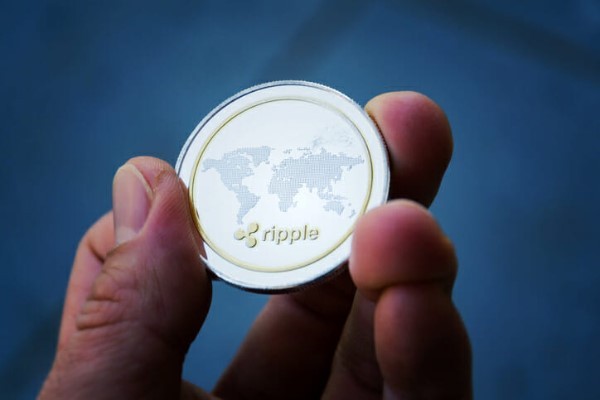
Ripple Coin
>> Read Also: What Is Bitcoin? Exploring The Biggest Cryptocurrency On The World
What Is Ripple Used For?
Ripple was founded to collaborate with the XRP community in order to expand its use cases. It developed a number of technologies over time that enabled the cryptocurrency to be used for cross-border payments, with remittance companies such as MoneyGram utilizing Ripple’s products prior to the conclusion of their collaboration.
The business has now consolidated all of its XRP-related products under the RippleNet service, which “provides links to hundreds of financial institutions worldwide via a single API and simplifies the process of moving money.”
RippleNet eliminates the requirement for pre-funding accounts by utilizing XRP to obtain liquidity for cross-border transactions dubbed On-Demand Liquidity. RippleNet is used by remittance companies and banking titans such as Santander, Bank of America, SBI Remit, American Express, and Banco Rendimento.
In a nutshell, Ripple’s XRP-powered technology enables network users to conduct payments in real-time, increasing payment efficiency and certainty. XRP is utilized to source liquidity on-demand and to lower the amount of money required in nostro accounts to conduct global payments.
Additionally, Ripple finances the Interledger Protocol, a software platform aimed at facilitating transactions between cryptocurrencies and bank ledgers. Although the Interledger Protocol is not dependent on XRP, it may be linked to the XRP Ledger.
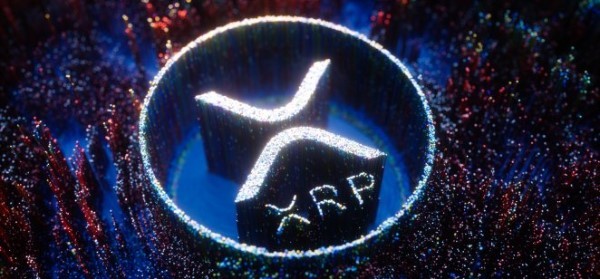
What Is Ripple Used For?
Finally, XRP makes use of RippleX, a platform that enables developers and entrepreneurs to incorporate blockchain technology into their applications via tools and services created on top of the XRP Ledger. As with other cryptocurrencies, XRP may also be used on-chain.
How Does Ripple Work?
Ripple is composed of two primary components:
Ripple: Ripple is a real-time gross settlement system (RTGS), currency exchange, and remittance network in its totality. The technology, which is backed by a blockchain payment system, makes use of RippleNet to enable fast transfers between financial institutions.
RippleNet: RippleNet is a unique network of payment facilitators and worldwide banks that enables users to communicate more efficiently and make and receive payments more easily using Ripple’s distributed platform.
As with the standardized HTTPS protocol, which is used to move data across the internet, RippleNet establishes a structure and set of rules called the Ripple Transaction Protocol (RTXP) that all network members must follow, hence decreasing transaction bottlenecks.
The XRP Ledger may be accessed using HTTP or WebSocket APIs. Additionally, they may utilize a library in a variety of programming languages, including Java, JavaScript, and Python.
While anybody may join the ledger, transactions are approved by a small number of trustworthy validators, the majority of which are well-known banks and financial organizations. As of March 2022, the network was capable of processing up to 1,500 transactions per second at a cost of $0.0007.
That is faster than Ether, Ethereum’s native cryptocurrency, which can handle roughly ten transactions per second, and Bitcoin network’s original cryptocurrency, which can handle four to five transactions per second.
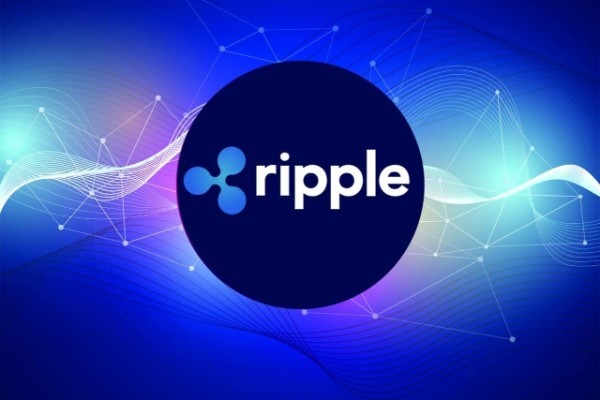
Ripple Operational Mechanism
>> Read Also: What Is Ethereum – The World’s Second-Largest Cryptocurrency
Gateways
Gateways act as an access point for external individuals or organizations seeking to join the Ripple network. Typically in the form of banks, the gateway functions as a trusted middleman to facilitate the completion of a transaction between two parties. They facilitate the movement of fiat and cryptocurrency funds over the Ripple network.
Ripples Pros And Cons
The Pros Of Ripples
Settlement are expedited. Confirmations of transactions are quick. They frequently take four to five seconds, compared to the days that banks may take to complete a wire transfer or the minutes, if not hours, required to authenticate Bitcoin transactions.
The fees are really modest. A transaction on the Ripple network costs merely 0.0001 XRP, or a fraction of a cent at current exchange rates.
Adaptable exchange network. The Ripple network is capable of processing transactions not just in XRP, but also in other fiat currencies, cryptocurrencies, and commodities.
Several large financial institutions make use of this technology. Large enterprises may utilize Ripple as a transaction platform. Santandar, Axis Bank, and Yes Bank are just a handful of the companies that utilize this technology network, demonstrating that it has already acquired a higher level of institutional market acceptability than the overwhelming majority of cryptocurrencies.
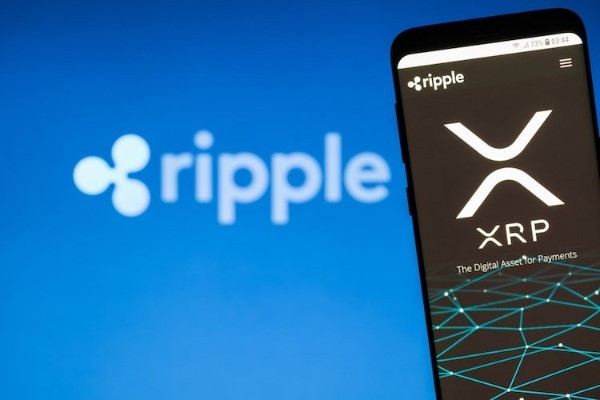
Ripples Pros And Cons
The Cons Of Ripples
Extremely centralised. One of the reasons cryptocurrencies gained popularity was their decentralised nature, which removed power from huge banks and governments. The Ripple system is centralized, which is in conflict with this ideology.
Ripple Labs is in charge of the XRP supply. Ripple Labs controls when coins are distributed, in a contrast to other cryptocurrencies, which release coins gradually and steadily through mining. This gives Ripple Labs increased leverage over the price of XRP by determining when and how many tokens to release.
Recently, XRP has been subjected to regulatory action. In the United States, the Securities and Exchange Commission (SEC) launched a lawsuit against Ripple last year, alleging that because the business has the ability to determine when to issue XRP, it should have registered it as a security. Institutional adoption of this technology may be hampered until this issue is resolved. As a result, some exchanges, including Coinbase, have delisted XRP.
How To Mine Ripple?
The term “mining” refers to the distributed verification technique that the majority of blockchain-based cryptocurrencies employ. It both simplifies transactions and serves as the method for the introduction of additional money into a cryptocurrency system—typically as a reward for network verifiers’ efforts. For instance, Bitcoin has a maximum total quantity of 21 million tokens, which are gradually distributed as more transactions are validated.
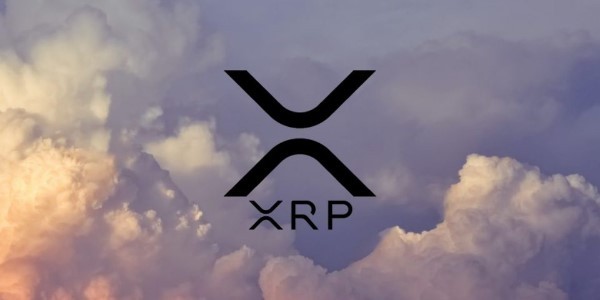
Could I Mind Ripple?
In comparison, XRP was “pre-mined,” which means the XRP Ledger generates 100 billion tokens that are then issued publicly on a recurring basis. Ripple holds around 6% of it in exchange for assisting the cryptocurrency’s growth and success over time. Another roughly 48% is maintained in reserve for normal market release via sales.
This has naturally raised fears that a large amount of XRP may be issued at once, diluting the value of existing XRP, as part of what gives a currency its worth is its comparative scarcity.
FAQs About Ripple
Is Ripple A Good Investment?
XRP is a perfect example of how volatile cryptocurrencies are. If you feel Ripple’s growth will continue, it may be prudent to make a modest investment in XRP. It is not as safe as investing in equities, but if Ripple succeeds, you may make a lot of money. As is customary, invest at your own risk!
Simultaneously, Ripple’s potential is evident. It has the potential to take the place of an inefficient and obsolete international money transfer system. The fact that it is affiliated with a bank is positive. Additionally, any beneficial adjustments to its legal standing might result in a price increase, which would benefit investors. Therefore, refrain from asking yourself, “Should I purchase XRP?” Conduct research before making any move.
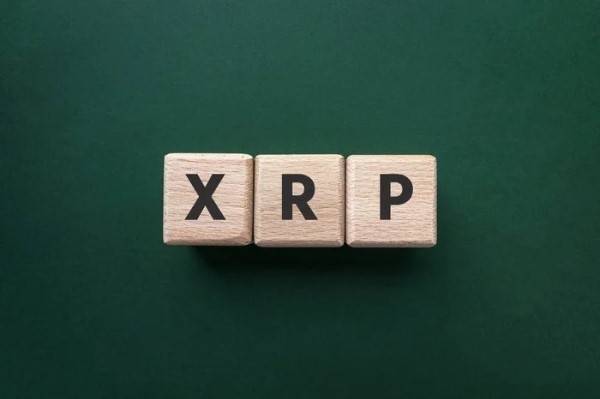
Is Ripple A Good Investment?
How Can You Purchase XRP?
XRP is traded on the majority of the world’s centralized exchanges, including Binance, Bithumb, KuCoin, Huobi Global, Bybit, Gate.io, FTX, Bitstamp, Bitfinex, and Kraken.
Where To Store Ripple Coins?
You may either keep your XRP on an exchange, which is responsible for its security, or in a cold or hot wallet.
Closing Thoughts
Ripple XRP is a decentralized worldwide digital payment system that prioritizes efficiency above decentralization. Ripple, the private firm that controls the underlying infrastructure, supplies, and some of the restricted network validators, owns and operates the network and technology.
While Ripple deviates from the standard decentralization paradigm followed by major cryptocurrencies Bitcoin and Ethereum, it does so to some extent via its own custom-built infrastructure.
Although Ripple’s primary objective is to provide financial institutions with a borderless payments and currency exchange gateway, its native cryptocurrency XRP has developed a life of its own and is frequently traded and researched by investors.
With high-ranking criteria such as speed and low transaction costs, some investors claim that XRP is a formidable challenger to big cryptocurrency blockchains such as Bitcoin and Ethereum. On the other hand, others—including US regulatory bodies—have raised significant philosophical and security concerns about Ripple XRP’s centralization.
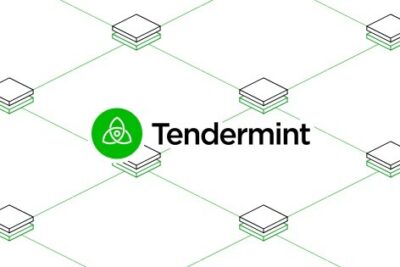
What Is Tendermint? What Makes Tendermint Great?
30 July 2022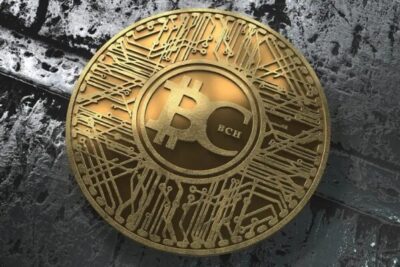
What Is Bitcoin Cash In Comparison With Bitcoin?
10 June 2022
What Is GUSD Coin – Whether Is It Really Safe?
31 May 2022